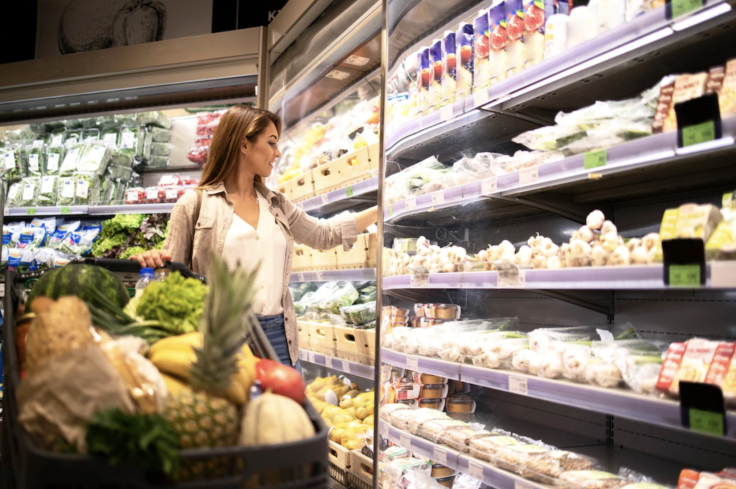Australian Produce Vendors Struggle With Limited Export Options Amid Supermarket Duopoly, ACCC Inquiry Finds

Lack of negotiating power, narrow avenues for export earnings and a concentrated domestic market were some of the problems faced by Australian fruit and vegetable vendors, an inquiry by the Australian Competition and Consumer Commission (ACCC) heard on Friday.
The vendors, who were highly reliant on Coles, Woolworths and Aldi, see their efforts dwarfed by supermarkets' tactics, forcing them to restrict their business to the domestic market, the industry's peak body told the ACCC.
Under Coles and Woolworths' duopoly, local vendors were facing challenges like fragile export markets, complexities of international shipping, and limited alternative income streams, industry representatives, including AusVeg's Lucy Gregg, fruit grower Peter Hall, and Fruit Growers Victoria's Michael Crisera, testified in court, News.com reported.
"The vegetable industry is highly competitive, high volumes and low margin," Gregg said. "(There is) lots of competition from other countries, that's why there is less opportunity for export."
According to Gregg, about 98% of Australia's vegetable crop was consumed domestically.
Michael Crisera of Fruit Growers Victoria said that while stonefruit, citrus, and grapes may find international markets, export rates for apples and pears were rather low.
Hall, however, stated that suppliers were also hesitant to jeopardize their supply agreements with national supermarkets, as weak export markets lacked the credibility, which domestic stores provided, AAP reports.
Hall also revealed how export options were reduced due to compliance and high labor prices.
"Our wage rates are probably the highest in the world," he said. "It makes Australia an expensive place to grow fruit."
Meanwhile, with the phase-out of single-use plastics, supermarkets were pushing for more eco-friendly packaging, which, for suppliers, was a transition that entailed substantial expenses, as they needed to purchase new equipment to adapt.
"It's a very expensive operation," Hall said.
Gregg said the rejected vegetables would go to charity.
"It's not feasible for such a low-margin product to send it back to repack," she said.
Gregg stated that if local vendors reject the imposed price margins, the supermarket duopoly will put them on what's colloquially known as "holiday."
"But it occurs enough for them to be concerned, and for it to have commercial ramifications," she said.
The ACCC inquiry, which was set by the Treasury Department in February, was looking into how grocery markets worked in the country, as Woolworths and Coles made up 67% of the sales nationally, while Aldi accounted for 9%.
© Copyright 2025 IBTimes AU. All rights reserved.





















